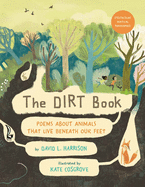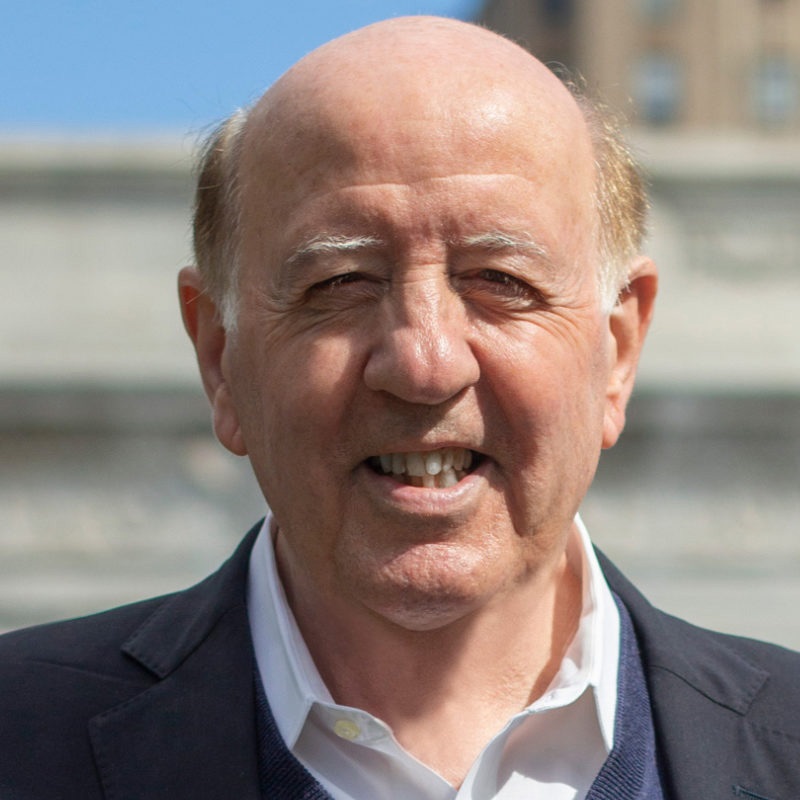 |
| photo: César Rodriquez |
Robert DiYanni is a professor of humanities at New York University and a former instructional consultant for the NYU Center for the Advancement of Teaching. He is the author and editor of numerous books for college students, and more recently for teachers and general readers. Prior to joining the faculty at NYU, he taught at Queens College CUNY, Pace University and as a visiting professor at Harvard. He is the author of You Are What You Read: A Practical Guide to Reading Well (Princeton University Press, April 20, 2021).
On your nightstand now:
How to Write Like Tolstoy, Richard Cohen. Who wouldn't like to write like the best of the best, the greatest of the greatest? Tolstoy wrote six drafts of War and Peace (copied by hand by his wife, Sofia), and when the book went into print exclaimed that it was all wrong and had to be done over.
Collected Poems, W.H. Auden. I've neglected him, having read his poetry with pleasure and profit decades ago. So much skill, and knowledge, and wisdom are packed into his memorable poems.
The Mirror & the Light, Hilary Mantel. I reveled in her first two Cromwell volumes for their psychological acuity, their philosophical provocation and their literary mastery.
Favorite book when you were a child:
I didn't have one, but my favorites to read to my children: Goodnight Moon, Margaret Wise Brown, and Charlotte's Web, E.B. White. I have always loved language lovingly rendered, Brown's with her charming just right rhymes, and White's with his perfectly cadenced prose and touching story.
Your top five authors:
Montaigne, Shakespeare, Tolstoy, Dostoyevsky, Dante. And let's add an American writer for good measure: Melville, whose Moby-Dick is by far the greatest work of American fiction, a book in multiple styles and voices, including Shakespearean soliloquizing on one page and philosophical speculation on the next. I love these writers for all the reasons readers and critics have been talking about for centuries. Each of them offers something different; they are each sui generis. Each rewards repeated re-reading.
Book you've faked reading:
Never faked one, but I recommend a highly entertaining book about faking reading books and discussing them as if they were read: How to Talk About Books You Haven't Read, Pierre Bayard. It's seriously playful, with cunning arguments for why you should not read books but only talk about them based on hearsay. It's by turns delightful in its witty preposterousness and exasperating in its know-it-all wiliness. An engaging read whether you nod in agreement or shake your head vigorously in disapproval.
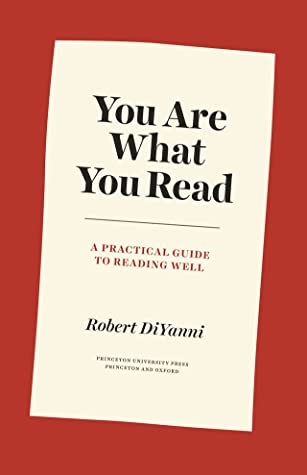 Book you're an evangelist for:
Book you're an evangelist for:
I'm often an evangelist for a book I'm reading or have recently read, so there are many. One recent powerhouse that knocks you out and breaks your heart while also giving you hope: Just Mercy by Bryan Stevenson. The introduction alone will make you weep. The book will open your eyes to the sheer horror of our prison system and how it destroys lives, especially the lives of Black men and boys. And along these lines another recent read: A Question of Freedom by Dwayne Betts, who describes his nine years in prison for a carjacking he committed at age 15, for which he was imprisoned as an adult. Betts, like most famously Malcolm X before him, educated himself in prison through reading. Today he heads a foundation committed to bringing a million books to U.S. prisons.
Book you've bought for the cover:
I've never bought a book for its cover, but I bought two recent books for their titles: How to Think Like Shakespeare by Scott Newstok and How to Write Like Tolstoy by Richard Cohen. These titles (and the books themselves) have inspired me to begin writing How to Teach Like Socrates: Learning from the World's Great Teachers. Newstok's book teaches us what Shakespeare learned and how he learned it, advising today's educators to adopt those practices. Cohen's book is about craft and what we can learn from reading like writers ourselves to discern, imitate and steal from them.
Book you hid from your parents:
Lady Chatterley's Lover, D. H. Lawrence. It's notorious, of course, for its sex scenes, a big draw for a teenage male. It's also a wonderfully lyrical, poetic book in parts, and a savage indictment of industrialism as well.
Book that changed your life:
The New Testament. Jesus's parables, his two great commandments and Sermon on the Mount have long influenced how I live and how I teach.
Favorite line from a book:
Lasciate ogni speranza, voi ch'entrate. (Abandon all hope, who enter.) From Dante's Inferno, the inscription over the Gate of Hell. And a second line, this one from the Paradiso: E'n la sua volontade è nostra pace. (And in his will is our peace.) It echoes of St. Augustine's "Our hearts are restless, O Lord, until they rest in thee." The Dante lines I learned to love from hearing them intoned in a graduate course I took on modern poetry (not on Dante) given by Allen Mandelbaum, who was translating the Commedia when I took his course at the CUNY Graduate Center in the 1970s.
Five books you'll never part with:
Montaigne's Essays. Shakespeare's Plays. Boswell's Life of Samuel Johnson. Austen's novels. Chekhov's short stories. There's a lot of life in these books. They can be read many times over, always yielding something more intellectually and emotionally for readers. They yield considerable pleasure with each reading. They never disappoint.
Book you most want to read again for the first time:
One Hundred Years of Solitude, Gabriel García Márquez. The most astonishing fictional work I've ever read. And even more astonishing is that García Márquez claims that the book's incredible events derive from his life and experience growing up in South America.
And one literally for the first time, generally considered the greatest book by an Italian writer after Dante's Divine Comedy: I Promessi Sposi, The Betrothed, Alessandro Manzoni. I've always wanted to read it, but just haven't gotten to it. Now's the time.
Why you are an evangelist for reading good books of all types across genres:
Because reading good books enriches living, deepens understanding, enlarges our capacity for compassion, makes us more interesting to ourselves and to others. Because talking about good books, especially those we've read, is one of life's greatest pleasures. Because those books become lifelong companions.
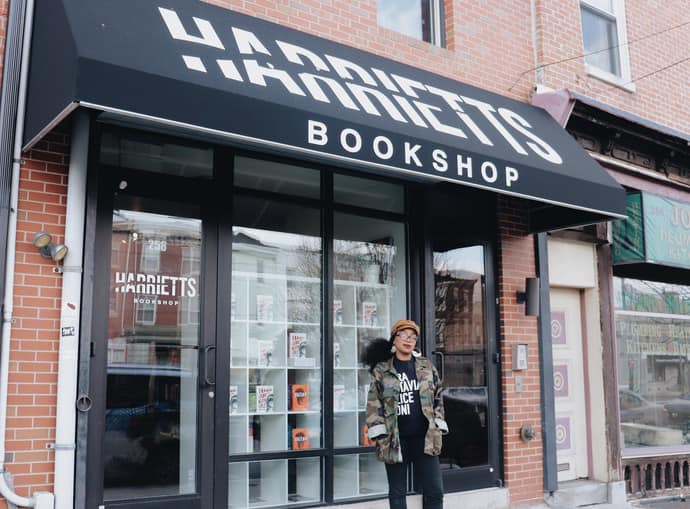 With the lease for Harriett's Bookshop in Philadelphia, Pa., set to expire in July, store owner Jeannine Cook has launched a GoFundMe campaign to help raise funds to buy a permanent location.
With the lease for Harriett's Bookshop in Philadelphia, Pa., set to expire in July, store owner Jeannine Cook has launched a GoFundMe campaign to help raise funds to buy a permanent location.








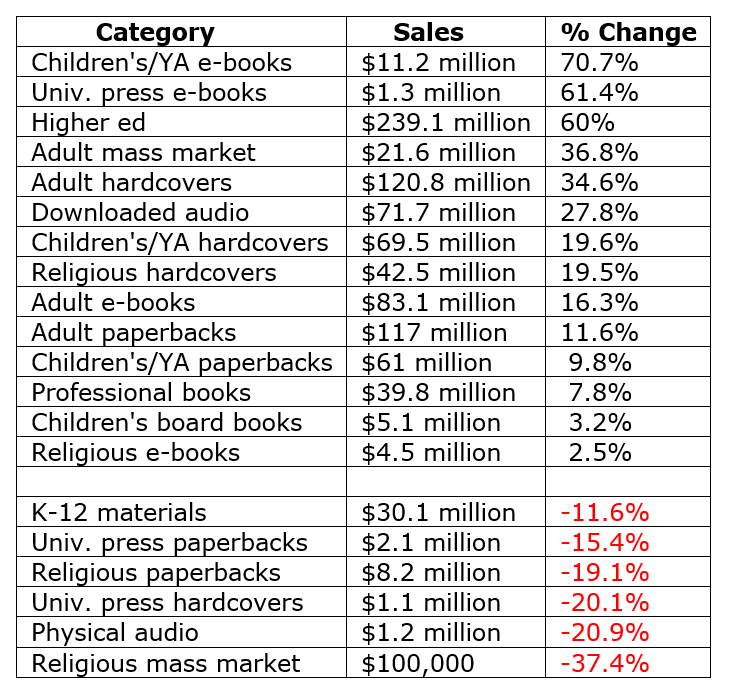
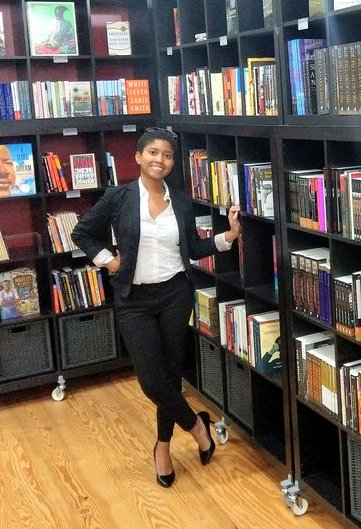
 Ghost Hill Press
Ghost Hill Press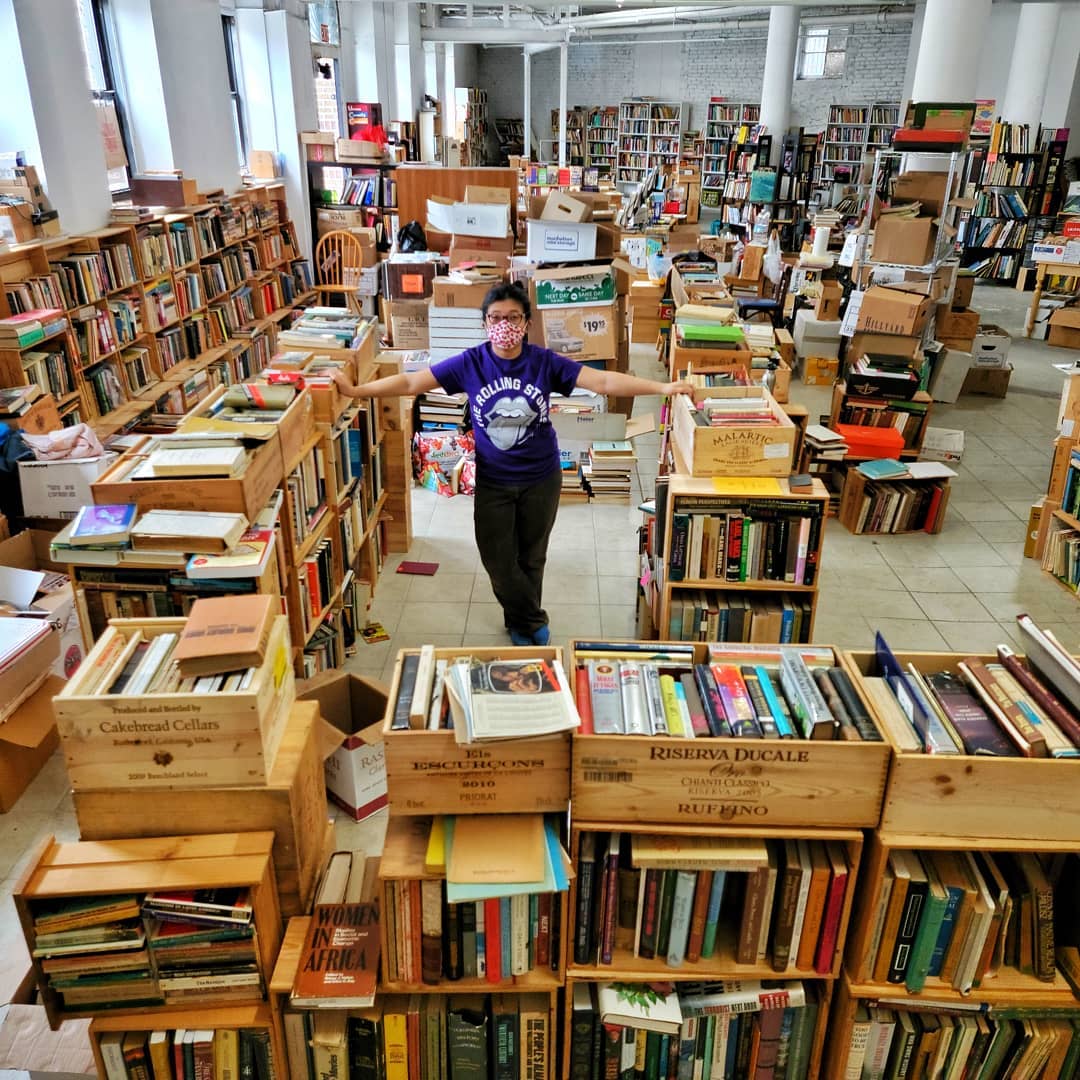 In Washington Heights, N.Y.,
In Washington Heights, N.Y., 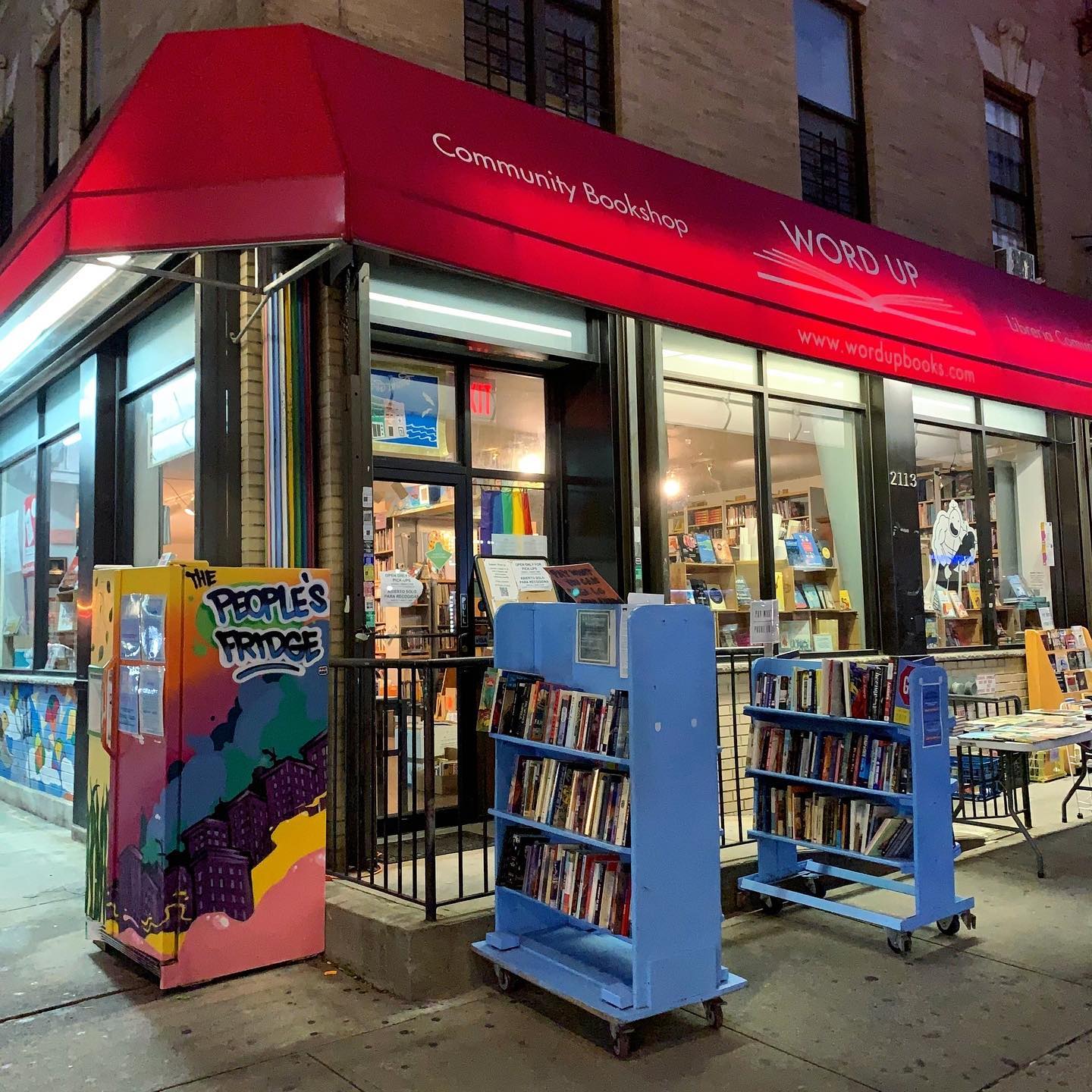 On the subject of the Covid testing, Liu said five Word Up collective members received training through NYC Health + Hospitals to administer Covid self-tests at the shop. Initially the bookstore was operating as a testing site only on Tuesdays, but after Dr. Anthony Fauci suggested on March 1 that the New York City variant came from Washington Heights, NYC Health + Hospitals set up their own testers at the store for expanded hours. Throughout March and April, testing has been available four days per week.
On the subject of the Covid testing, Liu said five Word Up collective members received training through NYC Health + Hospitals to administer Covid self-tests at the shop. Initially the bookstore was operating as a testing site only on Tuesdays, but after Dr. Anthony Fauci suggested on March 1 that the New York City variant came from Washington Heights, NYC Health + Hospitals set up their own testers at the store for expanded hours. Throughout March and April, testing has been available four days per week. James Fugate, co-owner of
James Fugate, co-owner of 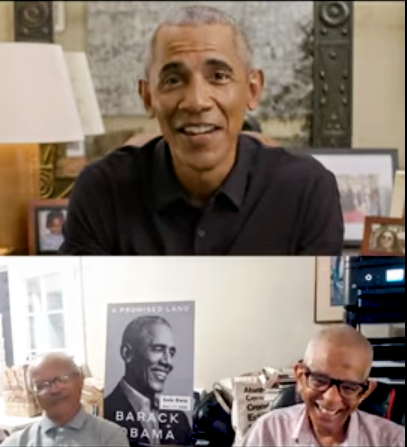
 New Vessel Press has installed a
New Vessel Press has installed a 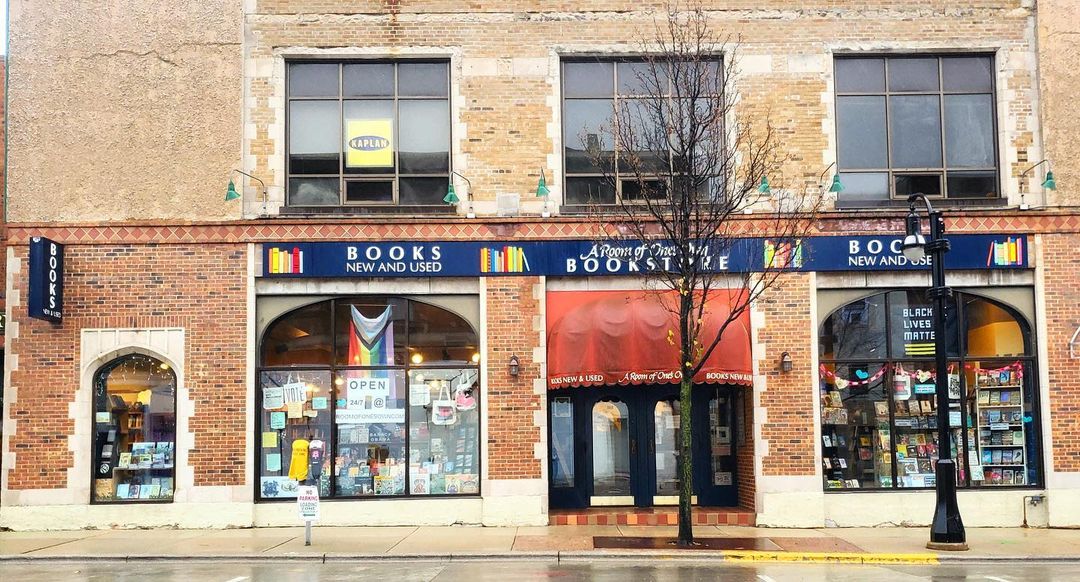 "
"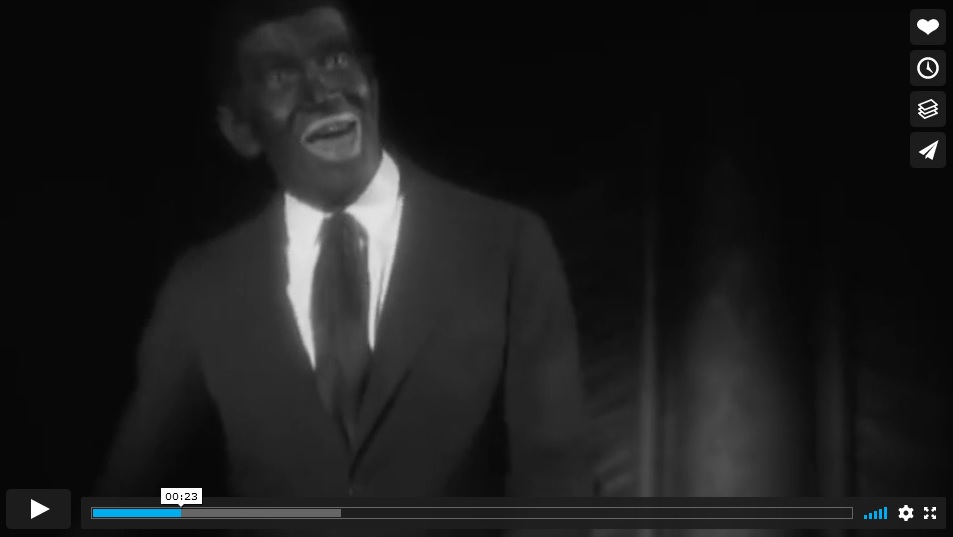 Blackface (Object Lessons)
Blackface (Object Lessons)
 Book you're an evangelist for:
Book you're an evangelist for: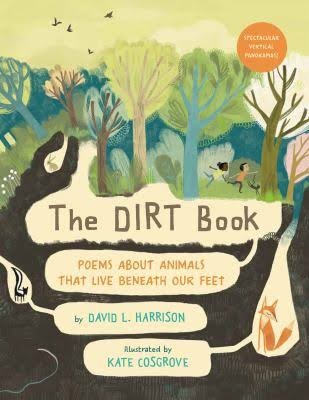 Author David L. Harrison and illustrator Kate Cosgrove join forces again (And the Bullfrogs Sing) to celebrate dirt in this lyrical nonfiction picture book. Cheerful images bursting with color accompany 15 playful poems that explore the mysterious activities happening "below the roots where green grass grows,/ .../ where boulders rest and tree roots drink." Plants, insects and animals all join in the festivities, making The Dirt Book a lively picture book party.
Author David L. Harrison and illustrator Kate Cosgrove join forces again (And the Bullfrogs Sing) to celebrate dirt in this lyrical nonfiction picture book. Cheerful images bursting with color accompany 15 playful poems that explore the mysterious activities happening "below the roots where green grass grows,/ .../ where boulders rest and tree roots drink." Plants, insects and animals all join in the festivities, making The Dirt Book a lively picture book party.